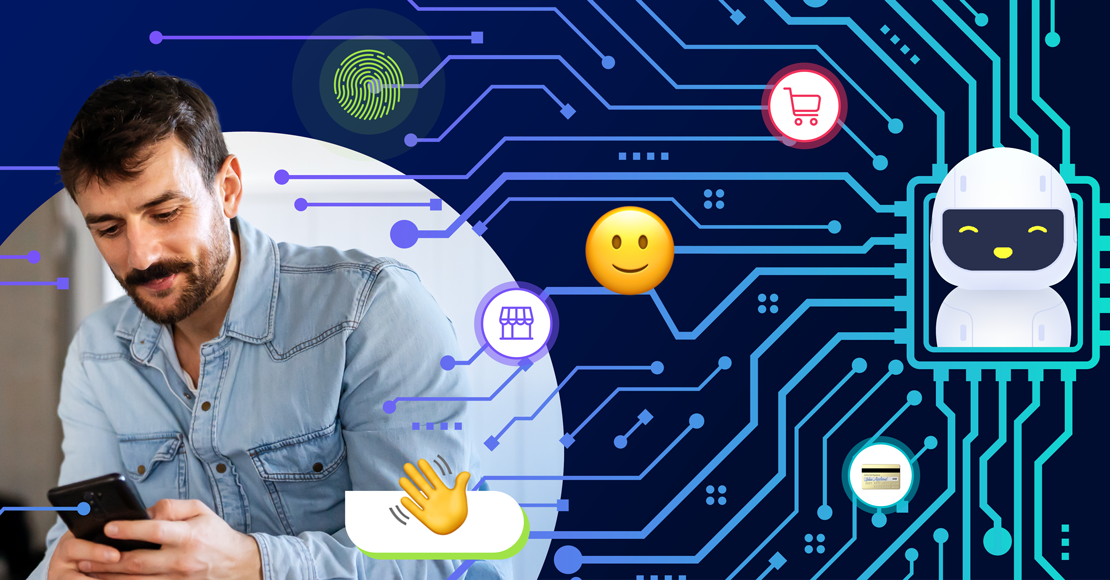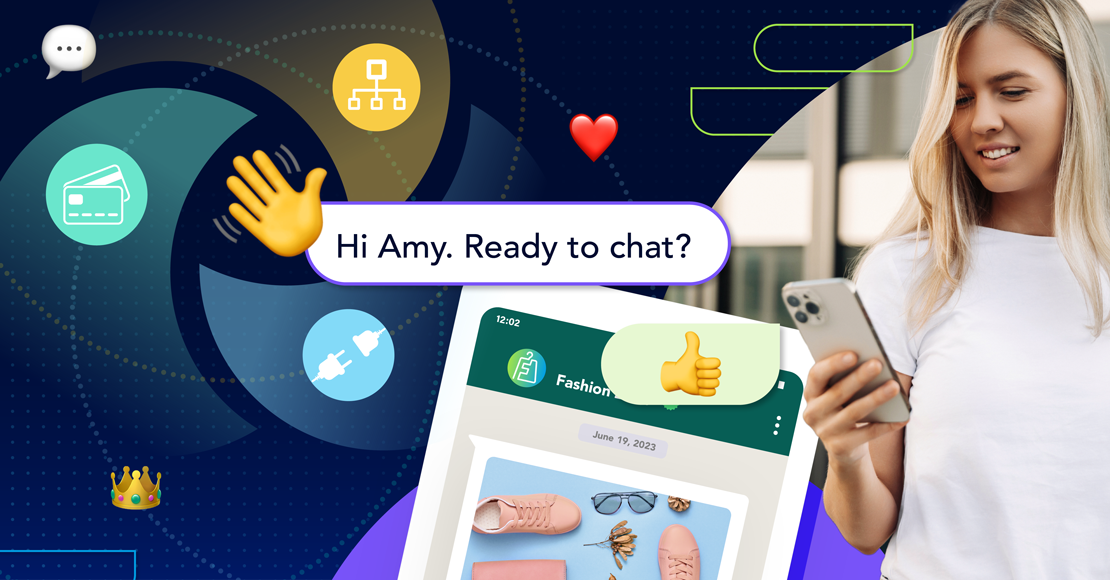
Chatbots as Advocates
Chatbots have come a long way since their initial conception. While Cleverbot was a fun way to pass away a few minutes at work, these chatbot systems are now far more functional and robust. Besides having the ability to order pizzas or check your finances, artificial intelligence is upping the ante in tech law and helping immigrants.
The law can be difficult for anyone who isn’t a lawyer to understand. There is an exemplary number of rules, regulations, and nuances to law. And if you travel to a different country, what is law in that country could be completely different in another. It’s these cross-border issues that make immigration difficult for many refugees seeking asylum. That’s why one chatbot is here to assist those in need.
The case of the DoNotPay chatbot
Originally created by Stanford student Joshua Browder, DoNotPay was designed to help fight parking fines. The system managed to help overturn over 160 000 of these in London and New York. In an interview with We Forum, Browder said: “Ultimately, I just want to level the playing field so there's a bot for everything.
“I originally started with parking tickets and delayed fights and all sorts of trivial consumer rights issues, but then I began to be approached by these non-profits and lawyers who said the idea of automating legal services is bigger than just a few parking fines. So, I've since tried to expand into something more humanitarian."
DoNotPay’s latest update allows the chatbot to help immigrants fill in the necessary forms to stay in a country. Currently, DoNotPay helps those in the US and Canada complete asylum applications, while those in the UK have it assist with support forms.
Where to from here?
The likes of DoNotPay have shown chatbots have a place in tech law. And their strength lies in their flexibility and capacity to assist and streamline firm customer service. Clickatell Touch, for example, combines online chat with bot-driven interactions and AI machine learning to automate conversations. Here, Touch is able to connect potential clients to the firm by answering basic queries and directing them with simple prompts. Now, instead of waiting days or weeks for feedback, potential clients can resolve issues and make immediately actionable decisions leading to the greater potential for business.
While many chatbots are limited to what their human programmers tell them to do, Clickatell Touch employs AI machine learning. Effectively, the chatbots gain deeper insight into client behavior the more they interact with them. Machine learning means the chatbots can pick up patterns in the behavior data and adapt their interactions accordingly.
With seamless integration into the law firm’s existing infrastructure and access to a repository of information, Touch will be able to do far more. Imagine chatbot technology backed by a machine-learned database that can assess evidence and compare similar cases to help with research. It means a faster, more efficient firm.
The legal sector isn’t the only place that chatbots are making an impact. In our recent article, we look at financial advisors and whether they should feel threatened by AI and chatbots. The article looks at these programs as assistants, tools, and ways to streamline wealth companies.
Explore other articles
Step into the future of business messaging.
SMS and two-way channels, automation, call center integration, payments - do it all with Clickatell's Chat Commerce platform.








